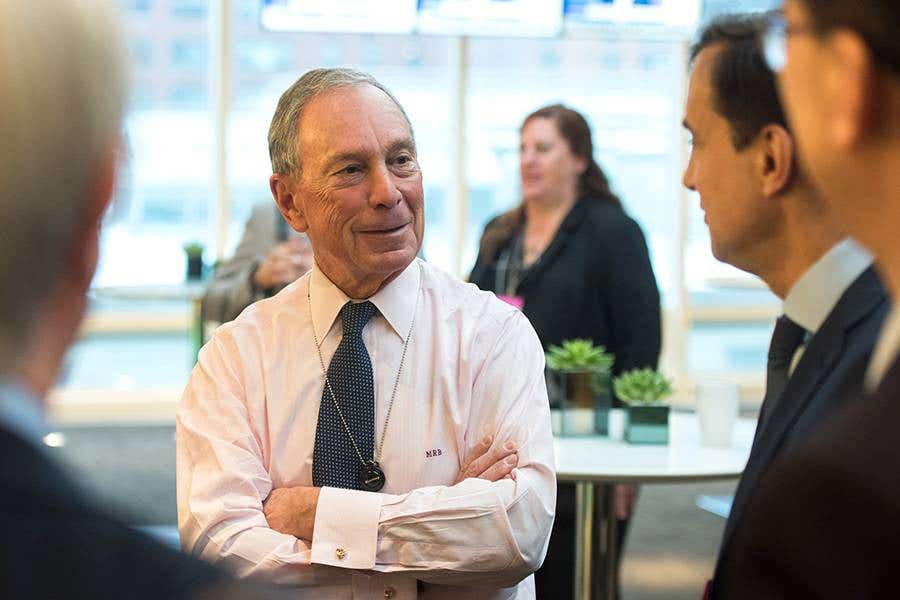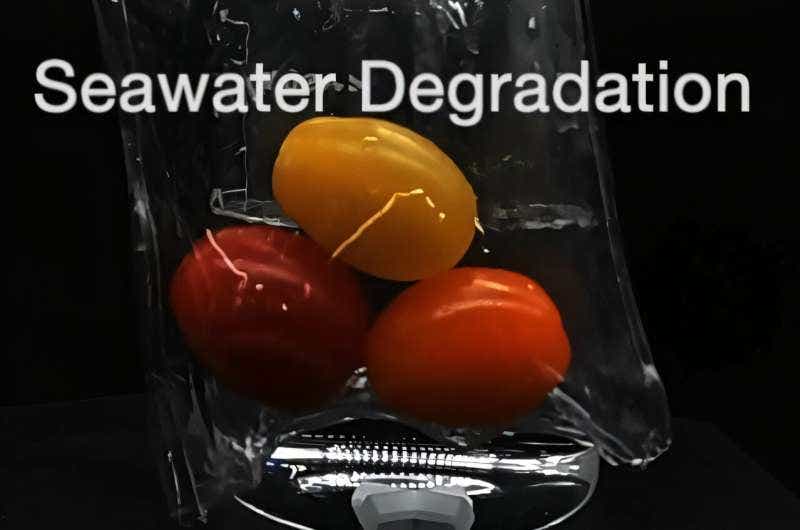Michael Bloomberg donates $1 Billion towards free medical tuition at Johns Hopkins
This gift also aims to increase financial aid for students at its nursing, public health, and other graduate schools.

Bloomberg Philanthropies has announced a significant $1 billion donation to make medical school free for most students at Johns Hopkins University. (CREDIT: Johns Hopkins University)
Bloomberg Philanthropies has announced a significant $1 billion donation to make medical school free for most students at Johns Hopkins University. This gift also aims to increase financial aid for students at its nursing, public health, and other graduate schools.
The high costs of medical and nursing education have deterred many talented, lower-income students from entering these fields, contributing to a decline in U.S. life expectancy that began before the COVID-19 pandemic. This announcement was made in Michael R. Bloomberg’s annual philanthropy letter in the Bloomberg Philanthropies 2023-2024 Annual Report.
Michael R. Bloomberg stated, “As the U.S. struggles to recover from a disturbing decline in life expectancy, our country faces a serious shortage of doctors, nurses, and public health professionals – and yet, the high cost of medical, nursing, and graduate school too often bars students from enrolling. By reducing the financial barriers to these essential fields, we can free more students to pursue careers they’re passionate about – and enable them to serve more of the families and communities who need them the most.”
Currently, about two-thirds of students seeking an M.D. from Johns Hopkins qualify for financial aid, and the average student graduates with a total loan debt of approximately $104,000. Starting in the fall of 2024, Johns Hopkins will offer free tuition for medical students from families earning under $300,000 a year, covering 95% of Americans.
Additionally, it will cover living expenses and fees for students from families earning up to $175,000. This initiative will reduce the average student loan debt for medical students to $60,279 by 2029, while many students will graduate debt-free.
This new gift ensures that the most talented aspiring doctors from diverse socio-economic backgrounds can graduate without debt from Johns Hopkins University School of Medicine. It will also increase financial aid for students at the School of Nursing and the Bloomberg School of Public Health to address recent declines in U.S. health.
The donation will also boost financial aid for low and middle-income students pursuing graduate degrees in various schools at Johns Hopkins, including the School of Education, Whiting School of Engineering, Carey School of Business, School of Advanced International Studies, Krieger School of Arts and Sciences, Peabody Institute, and the upcoming School of Government and Policy. This support will help attract more of the nation's brightest students to pursue their passions rather than selecting fields solely based on their ability to repay student loans.
Past investments aimed at reducing barriers to a Johns Hopkins education have shown positive outcomes. In 2018, Bloomberg Philanthropies donated $1.8 billion to ensure that undergraduate students are accepted regardless of their family’s income, establishing need-blind admissions. This gift reduced the net cost of attendance by 40%, transforming the student body's composition.
Currently, students with the greatest financial need make up 21% of the student body, compared to 9% a decade ago, a higher percentage than many Ivy League institutions. As Johns Hopkins has become more economically diverse, it has also become more selective, attracting and enrolling more top students, including many from lower-income families who might not have applied otherwise.
In 2021, Bloomberg Philanthropies and Johns Hopkins University launched the Vivien Thomas Scholars Initiative to address underrepresentation in STEM fields. The $150 million endowment creates pathways for students from Historically Black Colleges and Universities and Minority Serving Institutions to pursue and receive PhDs in STEM fields at Johns Hopkins.
Bloomberg Philanthropies has also addressed life expectancy and healthcare disparities through various initiatives. The Bloomberg American Health Initiative, based at the Johns Hopkins Bloomberg School of Public Health, has been tackling five major causes of declining life expectancy since 2016: diet and access to healthy food, environmental hazards, adolescent health, violence, particularly gun violence, and the opioid addiction epidemic.
Additionally, Bloomberg Philanthropies has expanded the Partnership for Healthy Cities, which supports over 70 cities in combating noncommunicable diseases like cancer and heart disease. In 2022, Bloomberg Philanthropies launched Beyond Petrochemicals, an initiative aimed at blocking the construction of new, polluting petrochemical plants in the U.S., which threaten community health. To date, this initiative has prevented the construction of seven new facilities and delayed the opening of 17 more, avoiding emissions equivalent to over 10 coal plants.
Bloomberg Philanthropies’ $1 billion gift to Johns Hopkins University represents a significant step toward making medical and graduate education more accessible to talented students from all economic backgrounds. This initiative not only aims to alleviate student debt but also to address critical shortages in the healthcare workforce and improve public health outcomes across the nation.
Note: Materials provided above by the The Brighter Side of News. Content may be edited for style and length.
Like these kind of feel good stories? Get the Brighter Side of News' newsletter.



